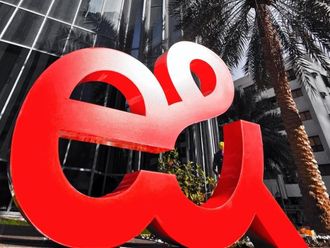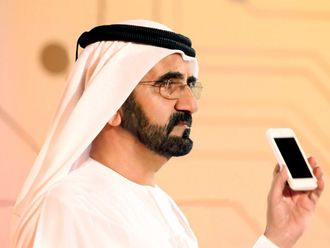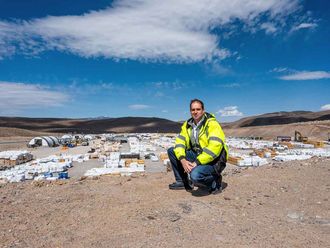Dubai : The UAE's space engineers are designing an advanced version of the remote sensing satellite that the nation launched earlier this year.
The Emirates Institution for Advanced Science and Technology (EIAST), which launched Dubai-Sat 1, said that lessons learnt in its development will ensure that the next project delivers better data quality.
Data including images gathered from space will be vital to government agencies for infrastructure development, rural and urban development planning, management of natural disasters and provision of accurate maps.
EIAST technicians, who worked alongside South Korean engineers on Dubai-Sat 1, have taken the lead role in designing Dubai-Sat 2.
Participation
"The second satellite is currently in the early planning stage, but we already know that there will be improvements in the quality of the data and images it delivers as a result of what our engineers have learned," EIAST project manager Salem Al Marri said.
The Dubai-Sat projects are among more than 20 emerging national space projects in the Middle East and Africa participating in the Global Space Technology Forum in 2009, a region rapidly evolving as one of the key growth markets for the global space industry.
LSE Space Middle East, (www.lsespace.com) a UAE-based joint venture between LSE Space Engineering and Operations AG (Germany) and Lootah Technical Centre (Dubai, UAE) was also supporting the sector.
Frank Niehaus, CEO, LSE Space Middle East said: "This region needs more access to space to accommodate the increasing demand of the local population for modern communication means and Earth Observation Systems. Space technology is a light house technology for every country, as it helps to develop leading edge technologies and advanced engineering know-how."












